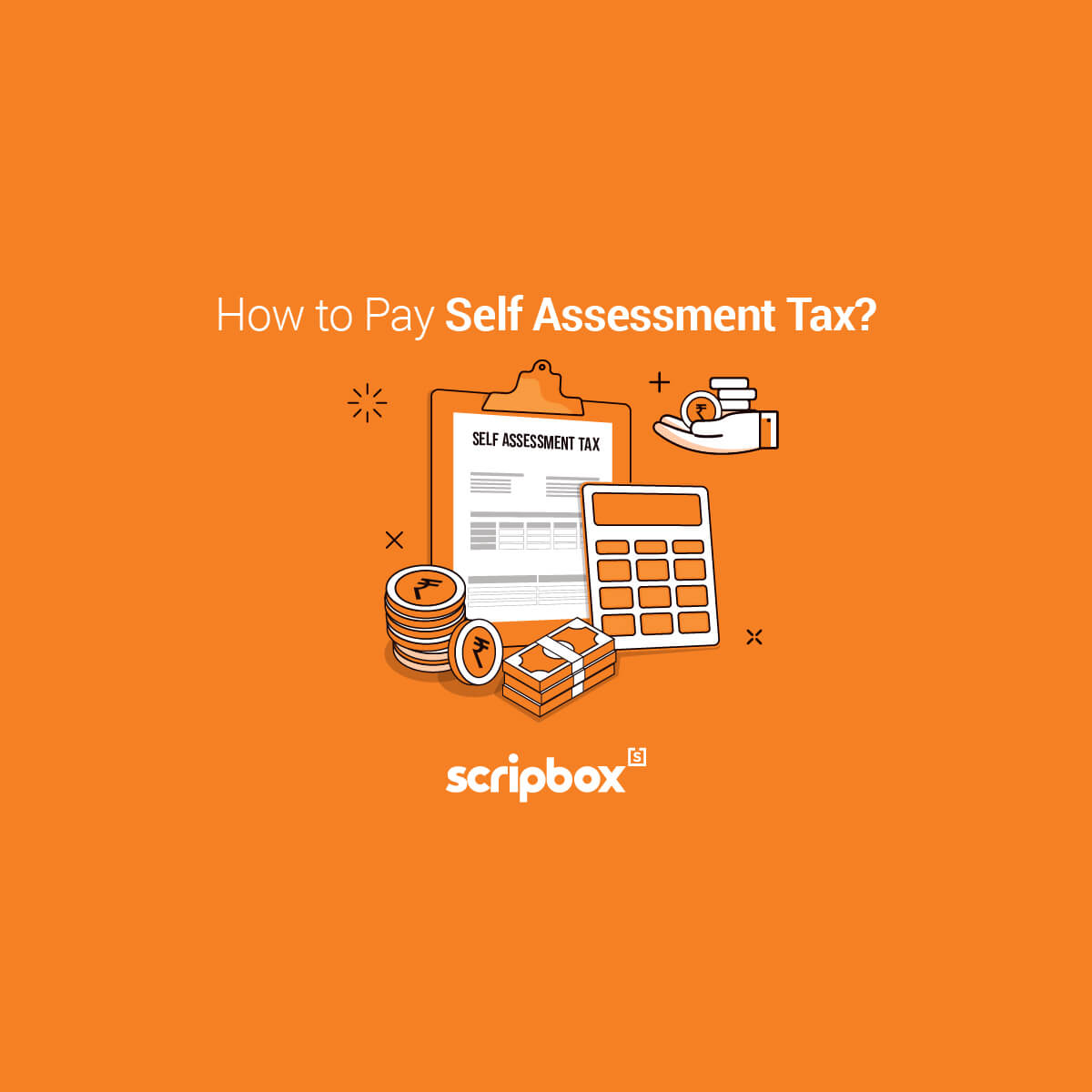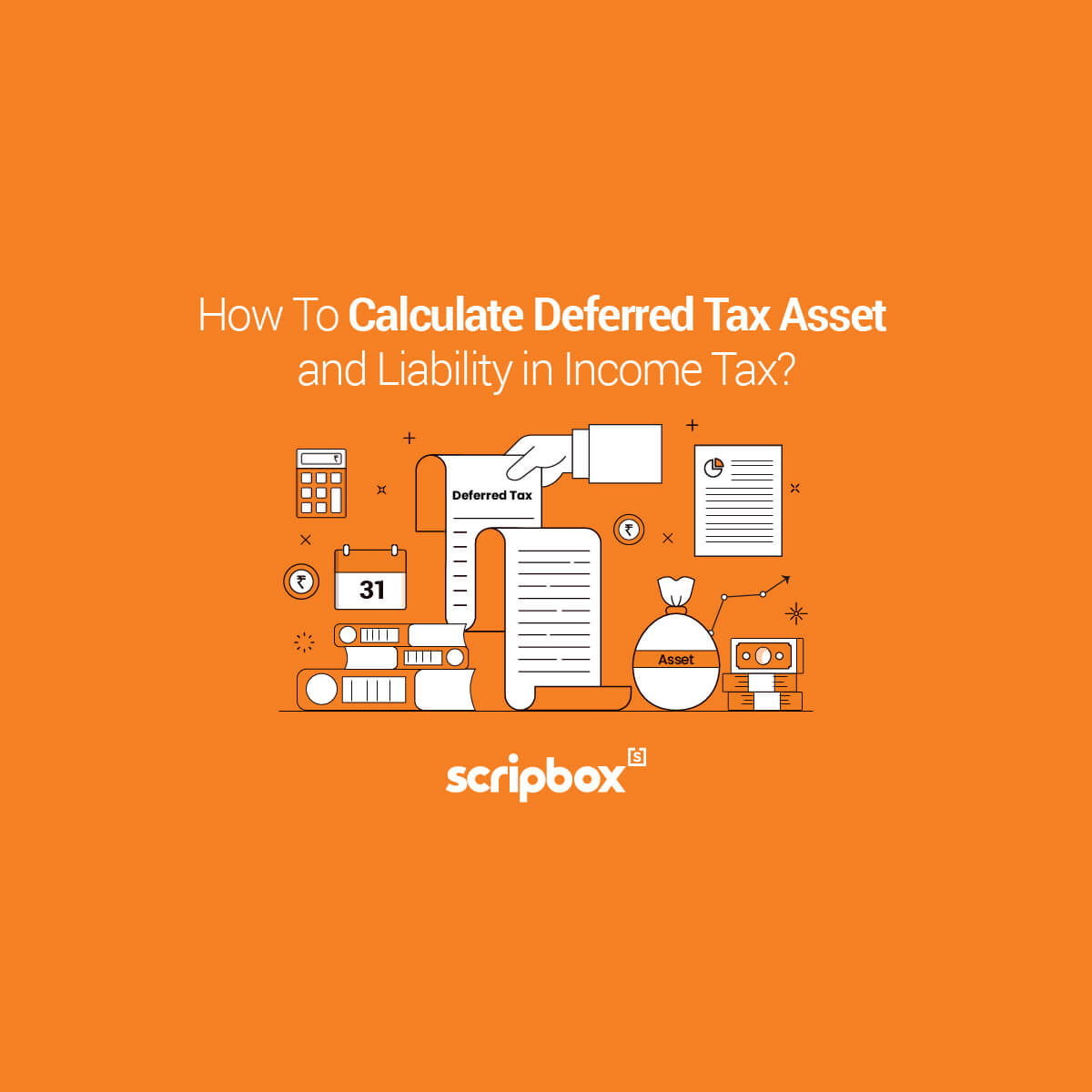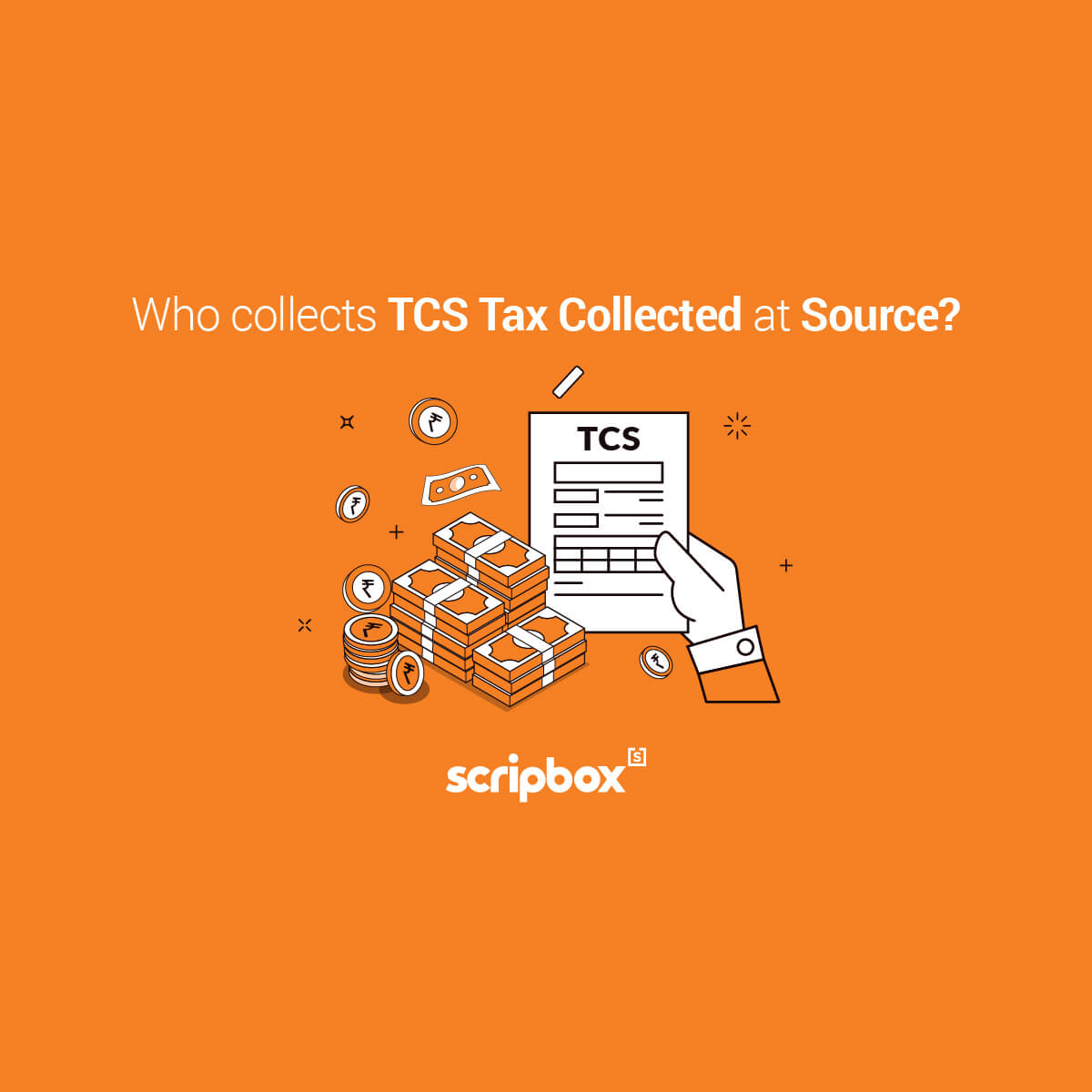What is Tax Evasion?
Any action intended to conceal, understate, or fraudulently disclose income to lower your income tax liability is considered tax evasion. Tax evasion includes failure in paying taxes on time or paying less than the actual tax payable intentionally. It is the unlawful attempt by an individual or business to evade and escape paying taxes. It includes hiding or falsifying income, deductions or exemptions without supporting documentation. Moreover, tax evasion is prohibited in India and carries strict penalties. The fine for non-disclosure of income can be as high as 300% of the tax evaded. This issue relates to the fact that taxes are a crucial source of funding for the Central Government. Furthermore, the technology and innovation in India help the Income Tax Department in collecting data for tax evasion cases.
What are the Common Methods of Tax Evasion?
Taxpayers use different methods or tricks to evade taxes. Some of these common methods of tax evasion are the concealment of income, fake documentation, cash transactions, and so on. The following are some of these methods:
Concealment of Income
An attempt to conceal income from the Income Tax Department is a very common method of evading taxes. For example, a taxpayer does not disclose their true income in their ITR, conceals the details from the department, and thereby pays lower taxes. Taxpayers adapt cash transactions in order to hide the trail of earnings and thereby evade taxes. Invoices for sales are frequently not produced by businesses. Similar to this, landlords may only accept cash as payment for rent rather than bank transfers or checks.
Not Filing ITR
Taxpayers do not file their income tax returns and resort to not providing any detail of income. By not filing the income tax returns a taxpayer hides income and does not pay the tax liability.
Incorrect Income Tax Returns
Filing incorrect income tax returns intentionally directly leads to the evasion of taxes. This is because by filing an incorrect ITR a taxpayer pays a lower tax amount. For instance, taxpayers decrease their total income, present false deductions or exemptions, or mention higher expenses.
Forged Documents
In order to conceal taxes, taxpayers provide forged documents. For instance, a taxpayer provides fake or forged receipts of the purchase of raw materials. This way the taxpayer increases the expenses leading to a lower net profit chargeable to taxes. A very common practice is to provide fake documents to claim deduction under section 80U against donations for charitable purposes.
A lower annual net profit could be a result of inaccurate financial records like balance sheets, sales or purchase vouchers, cash flow statements and other account records. In order to show a lower income and lower the amount of tax, many businesses do not preserve sales receipts.
Offshore Bank Accounts
Some individuals might keep a bank account outside of the nation to keep the money. Offshore accounts are ones that are kept outside of the country and do not disclose information about their use to the income tax department. This way the taxpayer and the owner of the money avoid paying tax on their income and the money parked in a bank account outside India.
Penalties Against Tax Evasion Under Income Tax Act, 1961
Underreporting or Misreporting of Income
Many taxpayers report a lower income in order to reduce their income tax liability for the financial year. Section 270A provides that the taxpayer shall be liable to pay the following penalties
- Under-reporting of Income- 50% of the tax payable on under-reported income
- Misreporting of Income- If the under-reporting of income is because the taxpayer declares an incorrect income then the penalty is higher. The penalty for a misreporting of income is 200% of the tax payable on under-reported income.
Cases of Underreporting or Misreporting of Income
| Underreporting of Income | Misreporting of Income |
| Return of Income is Filed – Income assessed is higher than income mentioned in the ITR | Misrepresentation or suppression of facts |
| No ITR is Filed – Income assessed is higher than the basic exemption limit | Failure to record investments in the books of account |
| Loss Assessed- On reassessing the income, the loss is reduced. This increases the income and tax payable | Claim of expenditure not substantiated by any evidence |
| Reassessment- On reassessing the income, the income is found to be higher than earlier. | Recording of any false entry in the books of account |
| Failure to record any receipt in books of account having a bearing on total income | |
| Failure to report any international transaction | |
| Failed to report any transaction deemed to be an international transaction | |
| Failed to report any specified domestic transaction |
Other Penalties
| Type of Default | Penalty |
| Failure to File ITR Within Due Date | Fee of Rs 5,000 Fee of Rs 1,000 if income is less than Rs 5 lakhs |
| Failure To Deduct TDS | Penalty is equal to the amount of TDS not deducted |
| Failed To Collect TCS | Penalty is equal to the amount of TDS not deducted |
| Default in Filing TDS Return and/ or TCS Return | Penalty ranging from Rs 10,000 to Rs 1,00,000 In addition to the above penalty, a late fee of Rs 200 per day till the default continues. However, the amount of the late fee should be less than the amount of TDS and TCS. |
| Default in paying Self Assessment Tax | If a taxpayer defaults in paying self assessment then he or she is considered to be as an ‘assessee in default’. Penalty is equal to the amount imposed by the assessing officer. However, the penalty cannot exceed the amount of tax in arrears. |
| Failure to get accounts audited or submit a report of audit | Penalty is lower of these- 0.5% of total sales, turnover or gross receipts, etc., or Rs. 1,50,000. |
Frequently Asked Questions
No, tax evasion is not legal in India. Tax evasion is a punishable offence which involves imprisonment and penalty. The Income Tax Act, 1961 provides for cases of tax evasion under different sections. Such instances or cases of tax evasion are concealments of income, wilful underreporting of income, not filing the ITR, not paying taxes, and so on.
If a taxpayer fails to pay the self assessment tax or tax payable then the taxpayer is considered an ‘assessee in default’. Hence, the penalty for such an offence is equal to the amount imposed by the assessing officer. However, the penalty cannot exceed the amount of tax in arrears.
Yes, not paying income tax is a punishable offence in India under the Income Tax Act 1961.
















Show comments